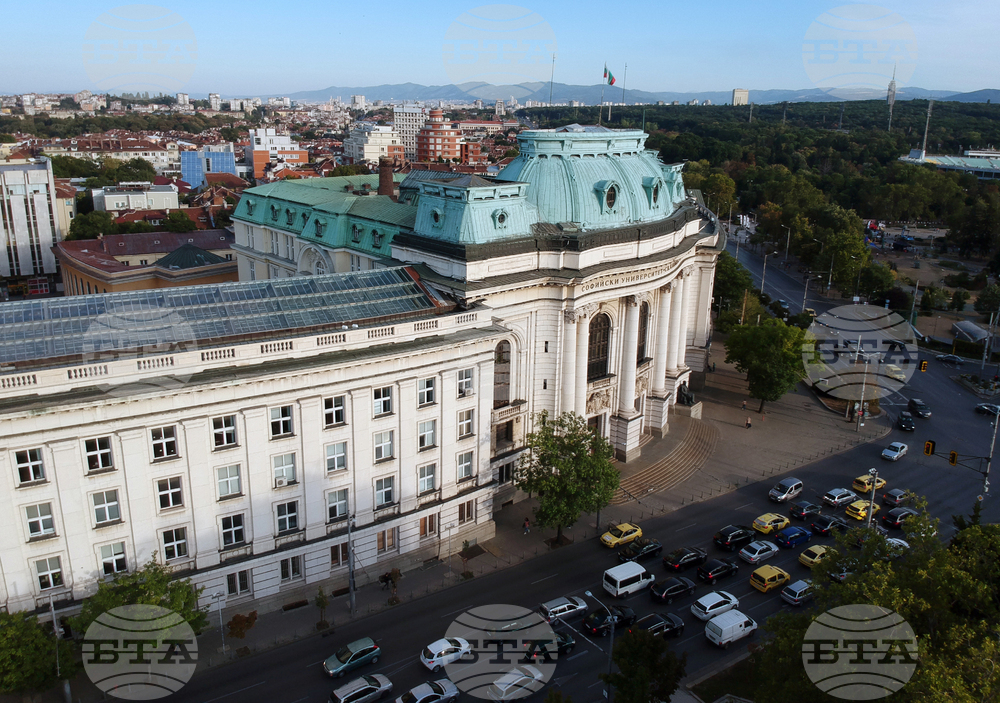site.btaBulgaria Joins Fourth Stage of Central European Exchange Programme for University Studies


Bulgaria’s Parliament Wednesday adopted conclusively a bill on the ratification of the Central European Exchange Programme for University Studies (CEEPUS) IV agreement signed in Warsaw, Poland, on September 20, 2023. The signatories are Albania, Austria, Bulgaria, Bosnia and Herzegovina, Croatia, the Czech Republic, Hungary, Moldova, the Republic of North Macedonia, Montenegro, Poland, Romania, Serbia, Slovakia, and Slovenia.
The Education and Science Ministry considers Bulgaria's participation in the previous three stages of the CEEPUS programme successful and hopes that this will be the case with the implementation of the fourth stage, following the ratification of this bill, the report of the Education and Science Committee of the National Assembly said.
CEEPUS is a long-term exchange academic programme that offers both teachers, students, and postgraduates of the 15 European countries international mobility opportunities. The main idea of the programme is to act as a bridge between these countries’ university departments and form networks in various scientific fields, including Slavic studies, geodesy, chemistry, computer science, etc. Thus, the programme offers these departments opportunities for cooperation and students’ and teachers’ exchange, the Council of Ministers, which is the sponsor of the bill, said in its reasoning.
The CEEPUS IV programme also supports the mobility of academic staff (teachers and researchers) by providing scholarships in order to promote transnational university cooperation and expand the Central European dimension of university curricula.
The CEEPUS IV agreement also provides for the simplification of administrative procedures, thus ensuring more efficient implementation of the programme.
The agreement will enter into force on May 1, 2025, for a period of seven years, once the signatories have deposited their instrument of ratification.
/DD/
news.modal.header
news.modal.text